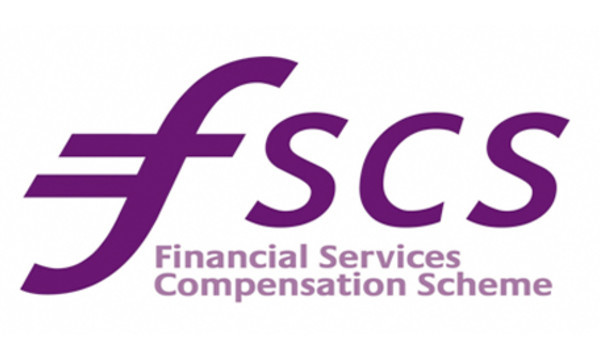
FSCS current funding system a 'grotesque injustice'

Ken Davy, chairman of the Simplybiz Group, has produced a paper which has labelled the current Financial Compensation Services Scheme funding system "so unfair as to be a grotesque injustice".
In it he proposed a contribution of up to 10 per cent of the total levy required to come from the advisory sector.
Mr Davy noted in the paper, analysis of Fos statistics clearly demonstrates that individual advisers have relatively few complaints, adding that it was also unlikely that the cost of settling an upheld complaint will exceed £5,000.
Currently advice firms' FSCS levies can run to into the high thousands of pounds, and they must pay even if they have never been involved in the activity which has caused a firm's collapse and the claims to fall on the compensation body.
He said despite the fact that many of the liabilities which have fallen on the FSCS have been a result of product failures or corporate fraud, rather than bad advice, such as Keydata and Arch Cru, the bulk of the FSCS liabilities have fallen on the advice sector.
Mr Davy said as the firm which created the liabilities no longer exists it is impossible for the polluter to pay, which inevitably means that any funding mechanism is bound to be unfair as the cost falls, not on the polluter but elsewhere.
He said where liabilities do occur, and in due course, fall on the FSCS, they are paid for by the honest firms who could not have possibly prevented or influenced the actions of the problem firms which created the liabilities.
"In addition to being unfair it is also an economically unsound model. It puts the cost of funding the FSCS onto the smallest and financially weakest cohort within the financial services sector and therefore on those least able to absorb it."
Mr Davy said that a risk based levy may superficially appear attractive and may have some part to play in a solution but does not address the fundamental unfairness of the present funding method.
He laid out a number of objectives for the FSCS funding which were fairness, market stability and the widest possible collection base so unfairness is spread as widely as possible.
The Simplybiz paper also noted there are four participants with a natural affinity, the regulator, the client, the adviser and the product provider.
Mr Davy said branded the current system "grotesquely unjust".
"I believe that radical reform of the FSCS is critically important to the future of the advice sector and needs to be addressed for the benefit of every adviser who is operating in the market today, providing an invaluable service to their clients.”
Alan Chan, director at IFS Wealth & Pensions said in addition to MR Davy's suggestions, he would add the removal of unregulated investments from the FSCS.
He said: "Unregulated investments have single-handedly pushed up levies over the years, typically accessed through a Sipp or a Ssas, and then the underlying investments fail) way beyond anyone’s imagination.
"This would provide further stability in its funding and promote a fairer system for everyone. This would, in turn, reduce the cost of advice and clients benefit overall."



